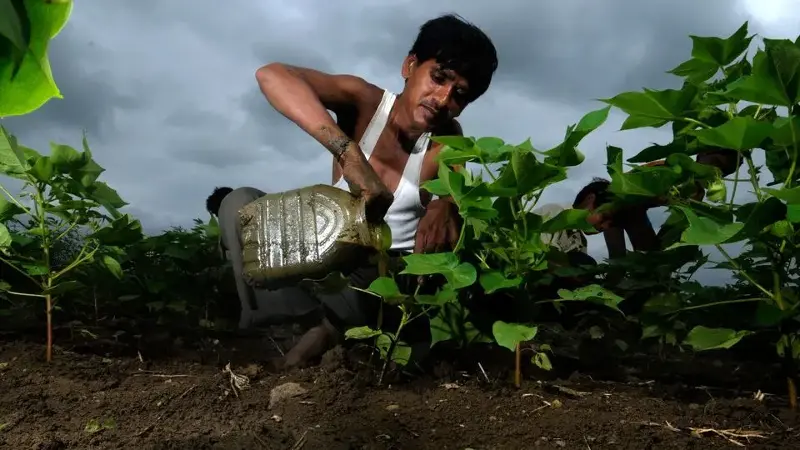
New Delhi: The ministry of agriculture and farmers welfare on Thursday invited public comments on the draft Seeds Bill, 2025, a proposed legislation aimed at overhauling seed regulations.
The new Bill seeks to replace the Seeds Act, 1966 and the Seeds (Control) Order, 1983, aligning them with current agricultural practices, technological developments and the growing complexity of seed markets.
Mint had reported on 18 June that the government was working on changes to curb the rising problem of spurious seeds.
The draft Seeds Bill, 2025 aims to regulate the quality of seeds and planting materials available in the market, ensure farmers’ access to high-quality seeds at affordable prices, curb the sale of counterfeit and poor-quality seeds, and protect farmers from crop losses, among other things, as per the ministry.
A key aspect of the draft is strengthening the system to verify the quality and originality of seeds, a longstanding concern voiced by both farmers and breeders, the ministry said.
Experts say that mislabelled, re-packed or illegally reproduced seeds often enter the supply chain, eroding trust and increasing the risk of crop failures. The proposed legislation aims to improve authentication so that farmers can be confident they are purchasing genuine seeds.
On the enforcement front, the Bill proposes decriminalizing minor offences to ease compliance for small seed producers while retaining strong penalties for serious violations such as manufacturing or selling fake or misbranded seeds.
The move comes amid rising concerns over economic losses due to sub-standard seeds. Fake seeds, often sold under near-identical branding, frequently fail to germinate or deliver the promised yield, leaving farmers burdened with debt and unable to recover within a single cropping cycle. In 2024-25, out of the total 2.53 lakh seed samples drawn by seed inspectors of the 24 states and Union territories, 32,525 samples were found sub-standard, the government said.
Experts say that improving seed quality and ensuring authenticity are essential not only for productivity but also for climate resilience. One agricultural scientist noted that “as climate stress increases, the quality and purity of seeds become even more critical—farmers need varieties that behave exactly as claimed.”
"Genuine and certified seeds ensures high crop yield, quality produce, and resistance to pests and diseases. It maintains varietal purity and genetic integrity, thus assuring farmers achieve desired results and better income,"said Dr. Brajesh Singh, director, ICAR-Central Potato Research Institute (CPRI), Shimla.
“The government should use blockchain for seed traceability and to verify the originality of seeds. Fake seeds are a serious concern and reduce productivity, and this has become a big problem for farmers,” said R. G. Agarwal, chairman emeritus of Dhanuka Agritech Ltd.
The bigger issue is trust, said Binod Anand, a member of the government's MSP Committee of Agriculture. Farmers often cannot be sure that the seed they buy is genuine, and one bad season can push them into debt. “Any new seed law must ensure that every packet sold in the market is clearly verifiable and backed by a system that holds sellers accountable,” he added.
The Indian seed market is estimated to be worth around $3.82 billion in 2025, and is projected to grow to about $5 billion by 2030 with a compound annual growth rate of about 5.5%.
